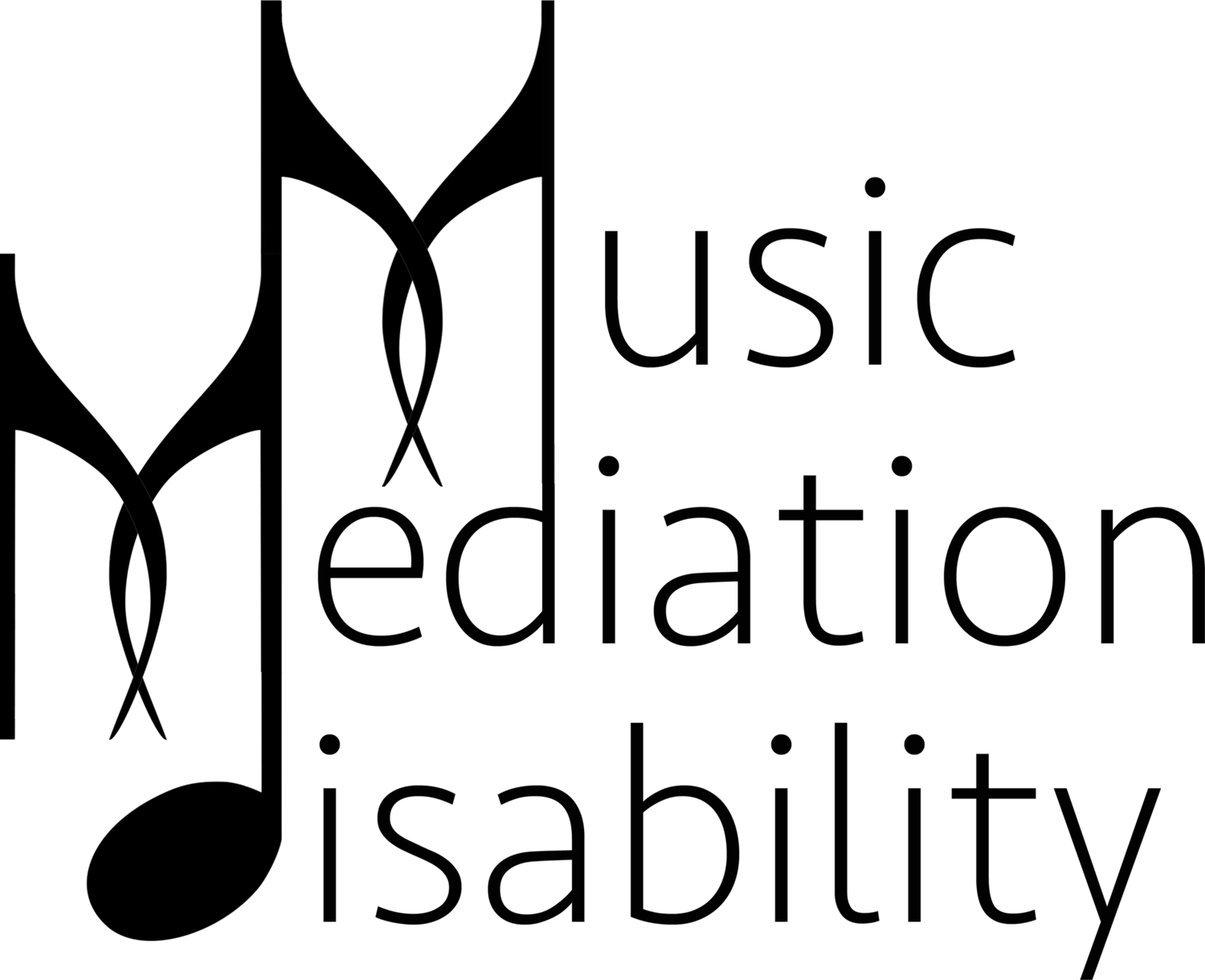Call for Proposals
Music, Mediation, and Disability: Representation and Access
The COVID-19 pandemic has reminded us of the centrality of mediation—the representation and communication of images and sounds via technology—at the intersections of music and disability (Kielian-Gilbert 2016, 375). Whether at work behind new technologies of access in a time of crisis or portraying people with disabilities on screen, mediation plays a critical role in the social construction of disability (Pullen et al. 2019, 467). New and established technologies of mediation possess the potential to enable the “empowerment of excluded and silenced bodies” (Garrisi & Johanssen 2020, 18). At the same time, however, they can also reflect, and even reproduce, systemic inequalities and ingrained prejudices, both historically and in the present global crisis.
The opportunities and challenges of mediating disability clearly play out in the musical realm, where the boundaries between representation and misrepresentation, and between accessible and inaccessible musicking, are in constant negotiation. As Neil Lerner has argued, a musical score can both support and—on another level—resist screen-media narratives of disability (Lerner 2017, 856-90). The current pandemic-driven mediation of music on digitized platforms draws increased attention to access, as demarcations between public and private musical experience are navigated and/or redrawn. How might the mediation of music assist in “offering a forceful alternative to pervasive ableist imaginaries” (Galan 2020)?
This renewed focus on mediating modes of musical experience resonates with ongoing scholarly conversations about liveness in performance (Auslander 1999; Reason and Mølle Lindelof 2016), space and sonic environments (Home-Cook 2015), and qualities of aurality (Kendrick 2017), especially in relation to audiences with diverse perceptual capacities and dis/abilities. It thus raises questions about how mediation shapes musical performance creation and reception (Bennett 2019), about the effects of live and digitized sonic practices on embodiment, and about the role of new technologies in shaping our social spheres in relation to the interconnected perceptual experiences of hearing and touch, and by extension, practices of listening.
With these concerns in mind, we invite a range of proposals for the symposium Music, Mediation, and Disability: Representation and Access. The symposium will feature keynote presentations from Joy Elan and Xuan Thuy Nguyen. Joy Elan is an award winning author and spoken word artist, who uses her writing to advocate for civil rights for Blacks/people of color, women, and people with disabilities. Xuan Thuy Nguyen is an Assistant Professor in the Institute of Interdisciplinary Studies and the Pauline Jewett Institute of Women and Gender Studies at Carleton University in Canada, with research that focuses on the interdisciplinary areas of critical disability studies, human rights, inclusive education and critical childhood studies. The organizing committee is committed to ensuring accessibility and inclusivity in our symposium programming. We warmly welcome submissions in multiple formats and from all persons who are engaged in topics related to music, media, and disability. This symposium will take place online, 21–22 November 2020. Selected contributions will be considered for inclusion in an edited volume.
Submission Guidelines
Submissions are welcome for a variety of presentation formats including but not limited to:
paper presentations
oral and/or multimedia presentations
performances
creative provocations
panel discussions
workshops, etc.
Please submit proposals of no more than 250 words by 31 August 2020. The program committee will evaluate all submissions by anonymous review and inform all submitters of their decision by September 15, 2020.
Alternative Submission Forms
The organizing committee is committed to accessibility and inclusivity in all our symposium programming. Recognizing that not all persons will find an online process the easiest method for submission, we have endeavoured to provide alternative ways to submit .
Please email alternative submission forms to access@musicmediationdisability.ca by 31 August 2020.

